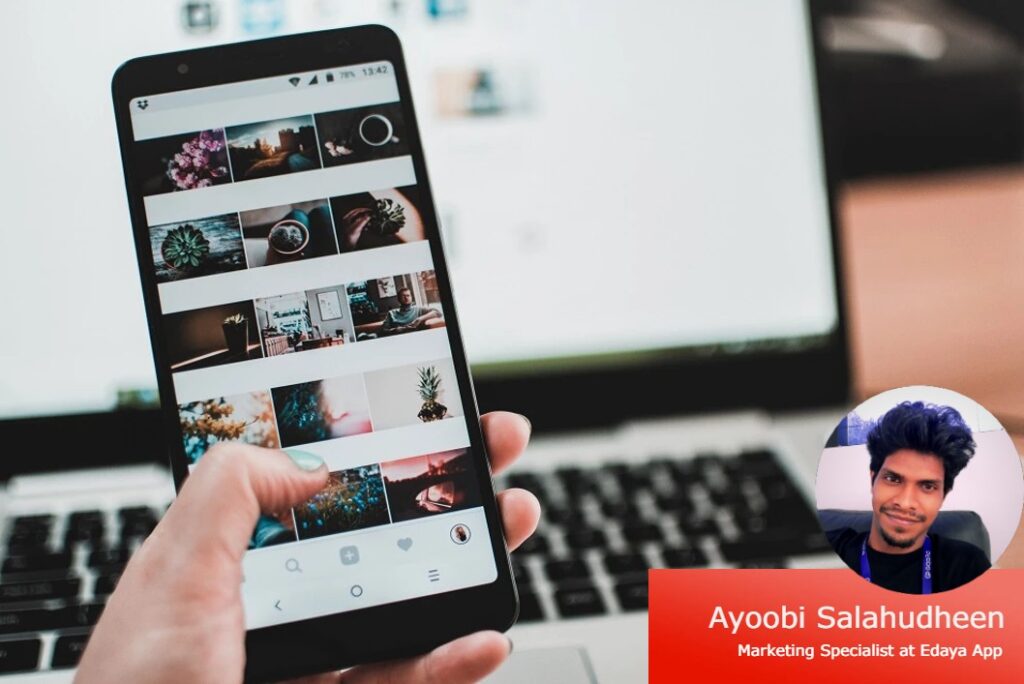Introduction
Let’s face it, hospitality isn’t just about providing top-notch services anymore. Customers expect more than just a comfortable room and a warm welcome. Technological integration has become a key aspect of the hospitality industry. But what exactly is technological integration? Simply put, it’s the use of technology to improve and enhance the experience of guests. From mobile check-ins to contactless payments, the use of technology is rapidly changing the face of the hospitality industry. Nowadays, customers expect hotels to provide a seamless experience from check-in to check-out, and that’s where technology plays a vital role. With an overview of how the hospitality industry works, it’s easy to see why technology is becoming a necessity rather than a luxury. Traditional methods of check-in and payment are becoming outdated as guests demand faster and more accessible services. Technology integration is the answer to this growing need.

Mobile Check-In and Check-Out
Mobile Check-In and Check-Out has become a new trend in the hospitality industry. Who wants to stand in line and wait for their turn to check in or out? Not us! Guests can now use their smartphones to bypass the front desk and check in or out remotely, saving time and avoiding the hassle. It’s like having a personal assistant in your hand. Hotels are leveraging the benefits of Mobile Check-In and Check-Out to enhance their guests’ experience. Hilton, Marriott, and many other chains have integrated this technology, making life easier for their guests. Marriot’s Mobile App allows guests to check-in and open their room with their phone. No more fumbling with room keys! Many studies suggest that Mobile Check-In and Check-Out translates to more satisfied and loyal guests. Travelers want seamless experiences, and Mobile Check-In and Check-Out provide that. Guests have the flexibility to check-in outside traditional hours, and they can avoid the larges crowds at the front desk, especially during peak check-in and check-out times. In conclusion, Mobile Check-In and Check-Out are revolutionizing the hospitality industry, and it’s here to stay. Technology is changing the way hotels cater to their guests, and Mobile Check-In and Check-Out is just one of the many examples of how technology can enhance guest experience. So next time you’re traveling, make sure to take advantage of this technology to ensure a hassle-free stay.

Artificial Intelligence (AI)
Artificial Intelligence (AI) is no longer a luxury but a necessity in the hospitality industry. From chatbots to voice-activated assistants, hotels are increasingly using AI to enhance customer service and improve their bottom line. AI-powered chatbots are being used to handle basic customer inquiries and responses. Hotels like Marriott International and Four Seasons are already using chatbots to assist guests during their stay. Voice-activated virtual assistants like Amazon’s Alexa and Google Assistant are also being used in hotel rooms to allow guests to control room features and make service requests. Integrating AI in the hospitality industry has several benefits, including improving operational efficiency, enhancing guest experiences, and reducing operating costs. AI helps reduce response time for customer inquiries and service requests, thereby improving customer satisfaction. The collection and analysis of data from AI-powered platforms like chatbots also provide valuable insights to hotels for better decision-making. In conclusion, AI integration in the hospitality industry has already shown promising results, and its use is expected to increase in the future. As hotels continue to see the benefits of AI, customers can expect a more personalized and efficient hospitality experience.

Internet of Things (IoT)
The Internet of Things (IoT) is the interconnection of devices that enables them to send and receive data. In the hospitality industry, IoT can be used to enhance guests’ experience while reducing operational costs. Understanding IoT in the hospitality industry involves identifying the areas where IoT can be used to improve service delivery. Hotels can integrate IoT in various ways, including using smart thermostats to regulate temperature and reduce energy consumption, installing smart locks that guests can access using their smartphones, and using sensors to monitor room occupancy and personalize guests’ experiences. For instance, a guest’s preferred temperature, lighting, and entertainment preferences can be pre-set when they check-in, based on their past stays or preferences indicated during the booking process. Integrating IoT in the hospitality industry has various benefits, including enhancing guests’ experiences, reducing operational costs, and increasing staff efficiency. IoT allows hotels to automate mundane tasks, such as room service requests and housekeeping, which frees up staff to focus on other duties. Additionally, IoT can be used to provide guests with real-time information, such as flight updates, weather updates, and activity recommendations. Overall, incorporating IoT in the hospitality industry provides hotels with a competitive edge by improving their guests’ experiences while reducing operational costs. So, let’s raise a glass to IoT for making our hotel experiences smarter and sleeker- Cheers!

Contactless Payment
Who has time to find their wallet and wait in a line to pay at the reception anymore? Not us! That’s why contactless payment is becoming the next big thing in the hospitality industry. It’s a method of payment that lets you tap your card or phone to pay, without even touching the machine. Yes, you heard that right, just tap your phone! Genius, right? This technology is taking the hospitality industry to a new level of convenience. Hotels around the world, including Marriott, Four Seasons and Hilton, are already using this technology to make their guests’ lives easier. These hotels have integrated contactless payment, for both their rooms and restaurants, which provides a seamless experience for their guests. Contactless payment not only saves time but it also reduces the risk of theft and fraud, providing more security to the customers. This has become an important factor for customers choosing a hotel nowadays. With such little time and so many options, customers want to make sure they are choosing a secure option. Contactless payment has proven to be a win-win for both the customers and the hospitality industry. With this technology, customers can make payment more easily and securely, hence making their experience better, leading to increased customer satisfaction and revenue for the hotels.

Guest Experience Personalization
We all like to feel special, don’t we? Well, hotels that offer personalized guest experiences make their guests feel just that. Guest experience personalization is the practice of tailoring hotel experiences to the preferences of individual guests. This practice has been adopted by various hotels, and it is evident in the little things they do that make a world of difference. For example, some hotels provide a customized welcome message addressed to the guest on the in-room TV. Others offer personalized amenities such as pillows and toiletries based on the guest’s preferences. If you’re a fan of technology, you’ll love the advancements hotels are making in this area. With the integration of facial recognition software, some hotels can sense when a guest is close to the entrance and automatically unlock their room door. How cool is that? Personalization is more than just providing amenities and integrating technology. It also involves the interaction between staff and guests. Hotels that prioritize personalization ensure that their staff is well-trained in the art of personalized hospitality. The benefits of guest experience personalization are immense. Firstly, it creates a sense of loyalty between guests and hotels. Personalized experiences make guests feel appreciated and valued, resulting in increased repeat visits. Secondly, it provides hotels with valuable data on their guests’ preferences and behaviour, which can be used to improve their experience in the future. In conclusion, guest experience personalization is the future of the hospitality industry. Hotels that prioritize personalization are rewarded with customer loyalty and valuable guest data. So, the next time you stay at a hotel, pay attention to the little things they do – it might just be personalized just for you.

Data Analytics and Management
Data Analytics and Management play an essential role in the Hospitality Industry. Having a proper understanding of data not only helps you understand your customer’s behaviour but also offers insights into current trends. Examples of Successful Data Analytics Integration include monitoring occupancy rates and adjusting pricing based on the data collected. The Impact of Data Analytics and Management on the Hospitality Industry is substantial. It helps hotels make informed decisions about how to best meet their guests’ needs, preferences and expectations all while finding ways to increase revenue.
Conclusion
Let’s face it, integrating technology has become an absolute necessity for businesses in the hospitality industry. It helps in providing a seamless and personalized experience for guests, improves efficiency, and increases revenue. From Mobile Check-In, Artificial Intelligence, and IoT to Contactless Payment and Data Analytics, the possibilities are endless. And let’s not forget about the convenience of Contactless Payment, which has become a norm in today’s world. As for future trends, it’s safe to say that the implementation of technology in the hospitality industry is only going to increase. In conclusion, those who do not embrace the power of technology will eventually fall behind in this competitive world.

